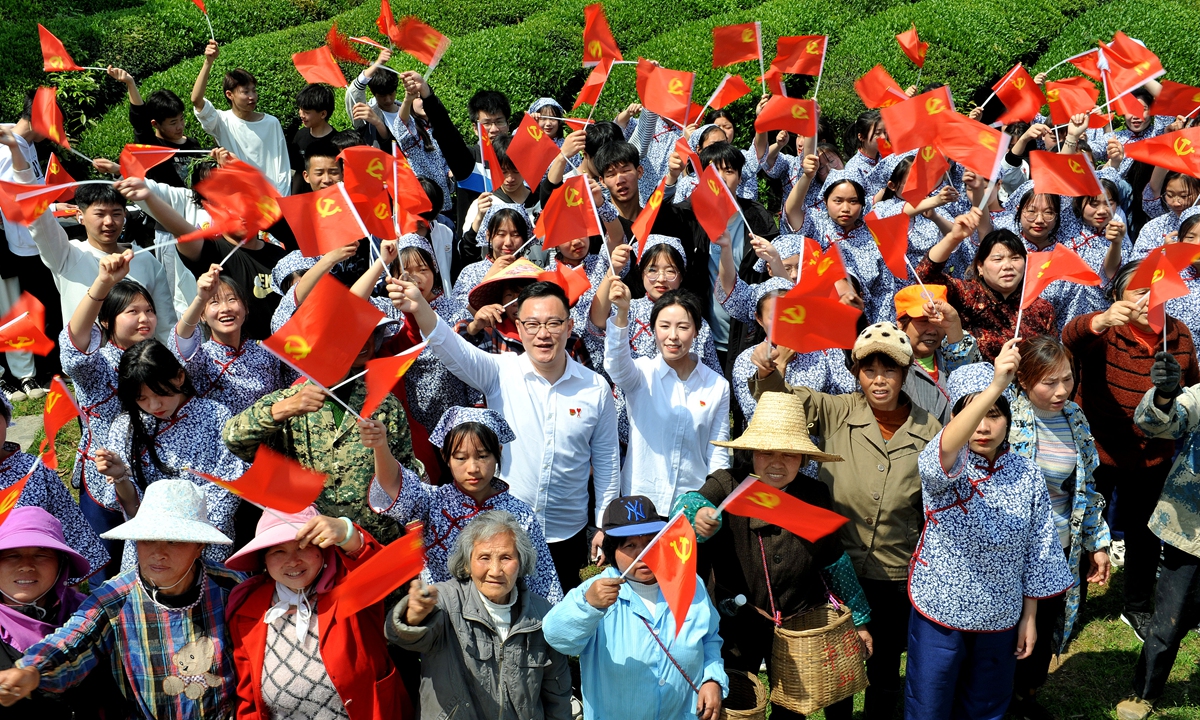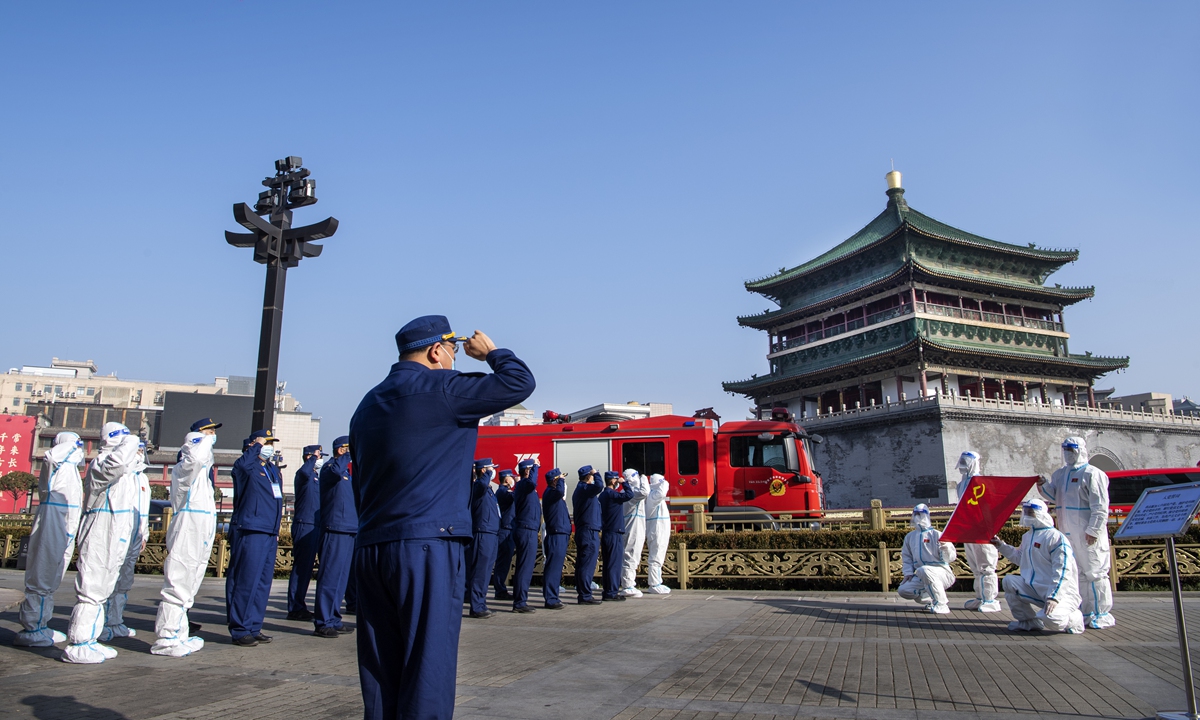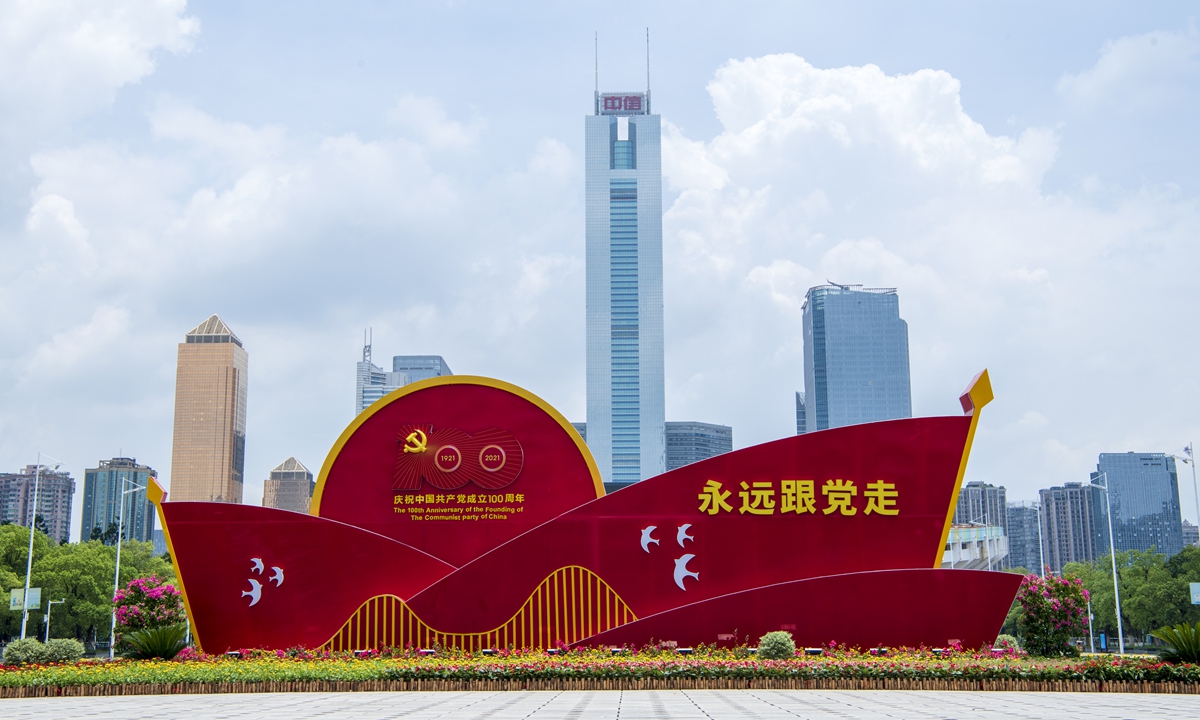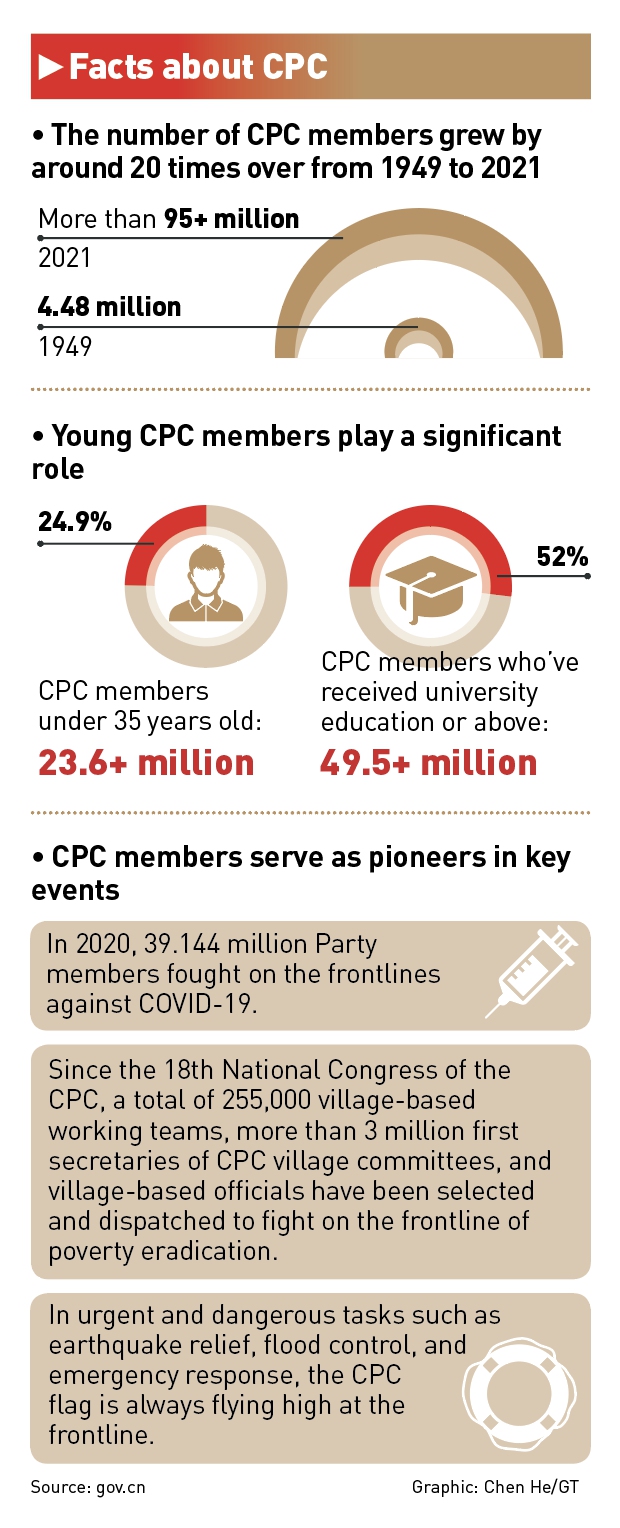-
IP addresses are NOT logged in this forum so there's no point asking. Please note that this forum is full of homophobes, racists, lunatics, schizophrenics & absolute nut jobs with a smattering of geniuses, Chinese chauvinists, Moderate Muslims and last but not least a couple of "know-it-alls" constantly sprouting their dubious wisdom. If you believe that content generated by unsavory characters might cause you offense PLEASE LEAVE NOW! Sammyboy Admin and Staff are not responsible for your hurt feelings should you choose to read any of the content here. The OTHER forum is HERE so please stop asking.
You are using an out of date browser. It may not display this or other websites correctly.
You should upgrade or use an alternative browser.
You should upgrade or use an alternative browser.
CCP is the greatest. Tanwahtiu should establish a new political party called Communist Party of Singapore (CPS)!
- Thread starter SBFNews
- Start date
Your mother want to get fuck here is it if you add nick names to your thread title.... start w @Devil Within fuck you deep deep first...Tested and trusted: CPC scores highly in pandemic ‘test’ en route to leading nation to socialist modernization
www.globaltimes.cn
Who is the Community Party of China (CPC)? What is the CPC's role in the new era?
The CPC has grown into the largest party in the world in the process of leading the Chinese people to seek liberation and happiness, making China as strong and prosperous as it is today.
As the CPC ushers the nation into a new era of development, the past decade has witnessed great achievements in national strength and prosperity, and the people's confidence and recognition of this path rising to unprecedentedly high levels, laying a solid foundation for the continued efforts.
As the world's largest political party with more than 95 million members, the CPC will convene its 20th National Congress in the second half of the year, which is expected to guide the country's development and policymaking though the next five years and far beyond. Ahead of the meeting, the Global Times is publishing a series of stories to help the world understand the CPC in the new era, through the stories of CPC members working on the frontlines of various areas, as well as through the observations by respected scholars.
This is the premiere installation of the series. Li Junru, former vice president of the Party School of the CPC Central Committee, explains how to understand the CPC's role in the new era.
People wave CPC flags in Dexing, South China's Guangxi Zhuang Autonomous Region. Photo: VCG
This is a new and incredibly important test - a big test that starts China's new journey to modernization under the superimposition of major changes and a global pandemic unseen in a century.
If "to fully build a modern socialist China" is a closed-book test for China, then the "superimposition of major changes and a pandemic" is an open-book test, to not only China, but also the entire world.
From winning the Wuhan anti-epidemic battle and returning to pre-epidemic productivity, to the victory in Shanghai's anti-epidemic battle and the resumption of work in major projects, China has shown the world it has achieved remarkable results in this test and will continue in the same vein in the future.
People all over the world who pay attention to China and expect China to bring good tidings to the world are thinking: How did China achieve so greatly? Without the CPC, there would be no "new China," and without the CPC in the new era, there would be no such historic achievements and changes in this new era.
Rooted in Chinese civilization
In his letter to the overseas students at Peking University on June 21, 2021, Chinese President Xi Jinping wrote that "To understand today's China, one must understand the CPC."
"You mentioned that the CPC has committed itself to developing the economy, eradicating poverty, and actively assisting other countries in fighting COVID-19. The CPC is committed to these aims because it is a political party that strives for both the well-being of Chinese people and human progress," said Xi, also general secretary of the CPC Central Committee.
In a few words, President Xi answered a fundamental question - What the Party is and what its mission is.
Anyone familiar with the history of political parties knows that the earliest modern political parties were the British "Whig" and "Tory." They came about in far more acrimony than should be expected by calling each other "Whigs" (Scottish gangsters) and "Tories" (Irish robbers). In Western vocabulary, a "party" with "part" as its root is indeed formed by a few people to serve a minority group to fight for power and protect personal interests.
This is not the case with a Marxist party. From its inception, it publicly states in The Communist Manifesto that "The proletarian movement is the self-conscious, independent movement of the immense majority, in the interest of the immense majority." Obviously, this is the new progress of human civilization. The emergence of the Communist Party means the birth of a civilized political party that is different from one that only serves the rights and interests of the few.
CPC members from the Shaanxi Provincial Fire Rescue Corps vow to the flag of the CPC while they are fighting the COVID-19 outbreak in Xi'an, capital of Shaanxi in January 2022. Photo: IC
As a Marxist party, the CPC is also a civilized party. The CPC has simultaneously deeply rooted itself in the heart of Chinese civilization, not only taking "truth," "science," and "democracy" as its pursuits, but also taking "morality," "cultivation," and "self-discipline" as its Party spirit requirements. In traditional Chinese culture, it is shameful to "form a party for personal gain," and the "party of gentlemen" advocates for morality.
Although the "party" that the ancients talked about is not a modern political party, it reflects the moral expectations that Chinese people have for a party. While insisting on combining Marxism with China's reality, the CPC is committed to combining it with excellent traditional Chinese culture. From the self-discipline of a Chinese Communist who aspires to be a person who "is already noble-minded and pure, a man of moral integrity and above vulgar interest, a man who is of value to the people," we can see that this is a new civilized political party nurtured by China's excellent traditional culture.
As a new civilized political party, since its inception, the CPC has always regarded seeking happiness for the Chinese people and the rejuvenation of the Chinese nation as its original aspiration and mission, and has always stayed committed to communist ideals and socialist convictions. This is summed up in the first sentence of the historical resolution passed by the Sixth Plenary Session of the 19th Central Committee of the CPC.
These "two always" incisively answer the fundamental question of "What the Party is and what its mission is." The Chinese Communists in the new era have gone from vigorously fighting corruption to preventing and controlling the epidemic with the concept of "people's interests first - nothing is more precious than people's lives," from historically solving the problem of absolute poverty to solidly promoting common prosperity, and from proposing new development concepts to switching from high-speed growth to high-quality growth.
Distinguished with 'self-reform' courage
As the ancient Chinese proverbs suggest - never forget why you started and you can accomplish your mission; the original intention is easy to come by, but it's always hard to maintain. In order to understand the CPC in the new era, we need to understand not only what the Party is and what its mission is, but also how the CPC adheres to its original aspiration, mission, ideals, and beliefs, and is committed to these goals.
The CPC is extremely sober. In 1945, Mao Zedong and Huang Yanpei had a famous dialogue in Yan'an about how to escape the historical cycle of rise and fall.
In 1949, when the CPC leadership left Xibaipo for Beijing, Mao compared the trek to "going for a big exam in the capital city" and vowed not to end up like Li Zicheng, a 17th century rebel who led the uprising to topple the Ming Dynasty but failed to build a lasting new government. It was not easy for the older generation of the CPC to have such sobriety, and it is even harder for the CPC in the new era to maintain it. Thankfully, they have made it.
The slogan "Following the CPC Forever" is seen at the street of Guangzhou, South China's Guangdong Province in June 2021. Photo: VCG
At the second plenum of the Sixth Plenary Session of the 19th Central Committee of the CPC, Xi also asked "How can we jump out of the historical cycle of rise and fall?" He said Chairman Mao had offered the first answer to the question, which is "As long as the people can supervise the government, the government dares not slacken in its effort." "After a century of struggle, especially with new practices since the 18th National Congress, the Party has provided a second answer: By carrying out resolute self-reform," Xi said. This is not the first time Xi has raised the question. He talked about the same question at the Sixth Plenary Session of the 18th Central Committee of the CPC, stressing the imperative nature of regulating intra-Party political life and advancing supervision. At a ceremony celebrating the CPC centenary, he summed it up succinctly. He said that a hallmark that distinguishes the CPC from other political parties is its courage in undertaking self-reform. This important conclusion is written into the Resolution of the Central Committee of the Communist Party of China on the Major Achievements and Historical Experience of the Party over the Past Century. Therefore, by upholding the people's democracy and supervision, and by adhering to self-reform and self-supervision, the CPC will be able to jump out of the "historical cycle of rise and fall" while on the road "going for a big exam in the capital city."
Mao once named three marked differences between the CPC and other political parties - combining theory with practice, maintaining close ties with the people, and conducting self-criticism. Xi, who is well versed in the essence of Mao Zedong Thought, solemnly listed self-reform as a marked difference between the CPC and other political parties. It not only further clarifies what kind of party the CPC is, but also further reflects the sobriety of the CPC as the ruling party. To understand the CPC, especially the CPC in the new era, one must understand that having the courage to conduct self-reform is a marked difference that distinguishes the CPC from other political parties.
United around core leadership
History has told us that it is extremely important for the CPC Central Committee to take the lead in serving as a role model, and to do so, the CPC Central Committee must have a core which fully commits to the people and never fails them.
"One cannot rely on a collective leadership without a core." Deng Xiaoping not only put forward this important thought, but also profoundly elaborated the relationships within Core-Collective Leadership-Party-People, stressing this people-centered philosophy.
Fortunately for the Chinese people in the new era, there is a party that serves the people wholeheartedly. Fortunately for the CPC in the new era, it has a core that insists on fully committing to the people and on never failing them. Therefore, the Sixth Plenary Session of the 18th Central Committee of the CPC upheld Xi Jinping's position as the core of the CPC Central Committee and the whole Party. The Sixth Plenary Session of the 19th Central Committee of the CPC adopted a landmark resolution which further proposes "two establishments," which are to establish Comrade Xi Jinping's core position in the CPC Central Committee and in the whole of the Party, and establish the guiding role of Xi Jinping Thought on Socialism with Chinese Characteristics for a New Era. The historic achievements made by the CPC in the new era lie in the fact that the CPC has a core that puts the people in the most prominent place in heart. Upholding "two establishments" and practicing "dual maintenance" have become the basic principles that Party members in the new era pursue.
The key to understanding the CPC in the new era is to understand that the CPC has a core that fully commits to the people and never fails them, and can lead the Party to uphold "two always" in a self-reforming process, realizing rejuvenation of the Chinese nation in the historical process of advancing China's socialist modernization.
GT
If i sm not wrong, communist parties, and umno, are banned in sinkie.
That's why I say mutts have low IQ. You should spend more time seeking the truth.If i sm not wrong, communist parties, and umno, are banned in sinkie.
LOL!.... As expected from a retarded commiecunt ingrate who abandon your own mother and sell her to sex slave rapist CCP gangs. No wonder your mother begs me to fuck her deep deep. LOL!....Your mother want to get fuck here is it if you add nick names to your thread title.... start w @Devil Within fuck you deep deep first...
Oh, you must thank uncle Devil here for teaching you how to use "deep deep". LOL!....
You let imperialist slaves owners angmoh fuck you mother deep and still is your masters..... tiu fucking idiot...u...LOL!.... As expected from a retarded commiecunt ingrate who abandon your own mother and sell her to sex slave rapist CCP gangs. No wonder your mother begs me to fuck her deep deep. LOL!....
Oh, you must thank uncle Devil here for teaching you how to use "deep deep". LOL!....
You let imperialist slaves owners angmoh fuck you mother deep and still is your masters..... tiu fucking idiot...u...
LOL!... As expected from retarded commiecunt dog still living in 19th century. That's how CCP commiecunt made you so stupid thinking you are living in 1800 when we are in 2022. No wonder your mother want me to fuck her deep deep. LOL!....
Imperialist bastardcunt pig go round kill poor country.... shameless bastard...LOL!... As expected from retarded commiecunt dog still living in 19th century. That's how CCP commiecunt made you so stupid thinking you are living in 1800 when we are in 2022. No wonder your mother want me to fuck her deep deep. LOL!....
LOL!... As expected from retarded commiecunt dog still living in 19th century. That's how CCP commiecunt made you so stupid thinking you are living in 1800 when we are in 2022. No wonder your mother wants me to fuck her deep deep. LOL!....Imperialist bastardcunt pig go round kill poor country.... shameless bastard...
Faggot like you might as well keep a pigtail and be a eunuch to serve your Emperor Xi. LOL!....
My mother died many moons ago.... you fucked your own mother ahhh.... Jesus.... incest lah...LOL!... As expected from retarded commiecunt dog still living in 19th century. That's how CCP commiecunt made you so stupid thinking you are living in 1800 when we are in 2022. No wonder your mother wants me to fuck her deep deep. LOL!....
Faggot like you might as well keep a pigtail and be a eunuch to serve your Emperor Xi. LOL!....
LOL!... See how ingrate you are to curse your mother? LOL!.... She begs me to fuck her while she was alive and ingrates like you made her kill herself. LOL!...My mother died many moons ago.... you fucked your own mother ahhh.... Jesus.... incest lah...
And my fucking is so good that she still wants me to fuck her even if she is dead! LOL!....
You never know. Probably his mother has already been re-incarnated into a real bitch now and is fucking loosely with other dogs on the streets today, producing more @tanwahtiu cubs on the way. Aaaauu...Aaauuu......AaaaaOooooooo.....LOL!... See how ingrate you are to curse your mother? LOL!.... She begs me to fuck her while she was alive and ingrates like you made her kill herself. LOL!...
And my fucking is so good that she still wants me to fuck her even if she is dead! LOL!....
You and @winners so free... imagine and write own story...LOL!... See how ingrate you are to curse your mother? LOL!.... She begs me to fuck her while she was alive and ingrates like you made her kill herself. LOL!...
And my fucking is so good that she still wants me to fuck her even if she is dead! LOL!....
LOL!... I am so busy here fucking your mother, then your wife, and also your daughter is waiting in the line to be fucked by me. LOL!...You and @winners so free... imagine and write own story...
Similar threads
- Replies
- 3
- Views
- 797
- Replies
- 3
- Views
- 1K
- Replies
- 1
- Views
- 924
- Replies
- 0
- Views
- 404
